Georgia lawmakers eye citizen’s arrest, gambling, vouchers
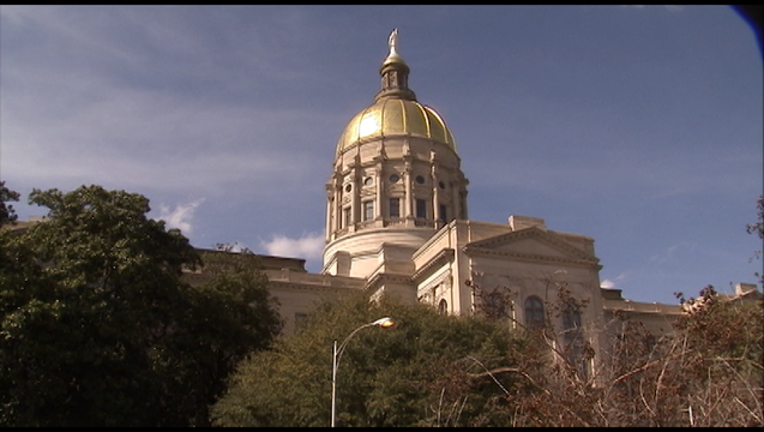
ATLANTA - Overhauling voting laws has been all many Georgia lawmakers have been able to talk about for months, but many other issues are likely to come to the fore in the 2021 session of the General Assembly.
Changes to Georgia’s citizens arrest law could be in the offing after the Ahmaud Arbery shooting, school voucher advocates could argue that the pandemic proves parents need more publicly financed choice in education, and gambling advocates could be back for another run at legalizing sports betting and other wagering.
Hanging over the session will be the legislature’s once-a-decade responsibility to redraw lines for state and federal voting districts, likely coming in a special session later in 2021.
Sign up for FOX 5 email alerts
Here’s a look at some issues lawmakers could consider in their session starting Monday:
CITIZENS ARREST

Ahmaud Arbery (Photo provided by family members)
State Rep. Chuck Efstration, a Dacula Republican, plans to offer a bill to repeal Georgia’s citizen’s arrest law, which lets a private citizen make an arrest if a crime is committed in the person’s presence "or within their immediate knowledge." The law came under scrutiny in the wake of last year’s death of Ahmaud Arbery near Brunswick. One prosecutor who examined the case ruled that there wasn’t probable cause to arrest Travis McMichael and Greg McMichael, later charged with murder in Arbery’s shooting death, because the McMichaels believed Arbery had committed a crime and were attempting a citizen’s arrest. Some lawmakers also want to ban or restrict no-knock warrants, where police enter homes without announcing themselves.

GAMBLING
Efforts to legalize sports betting, horse racing and casinos continued their unbroken string of failure last year, in part because lawmakers want to protect revenue for the Georgia Lottery. Sports betting has the best chance to succeed this year, with supporters including Atlanta’s pro sports teams arguing that no state constitutional amendment is needed and that the General Assembly pass a law putting the lottery in charge of sports betting. Lawmakers could also consider changes to coin-operated amusement machines, games that can resemble slot machines. A Senate committee last year raised questions about whether convenience store owners are improperly being paid by manufacturers and distributors of the machines, recommending against legalizing such payments.

LAWSUIT LIMITS
Lawmakers agreed last June to limit lawsuits against businesses, health care providers and others if someone blames them for contracting COVID-19. But that protection was only good for one year, expiring July 14. Under the language, an entity must display gross negligence, "willful and wanton misconduct" or reckless or intentional infliction of harm to lose a lawsuit. Democrats argued the language was overly broad. Business groups want at least an extension, and the issue could be an opening for broader discussions on lawsuit limits that didn’t advance last year.
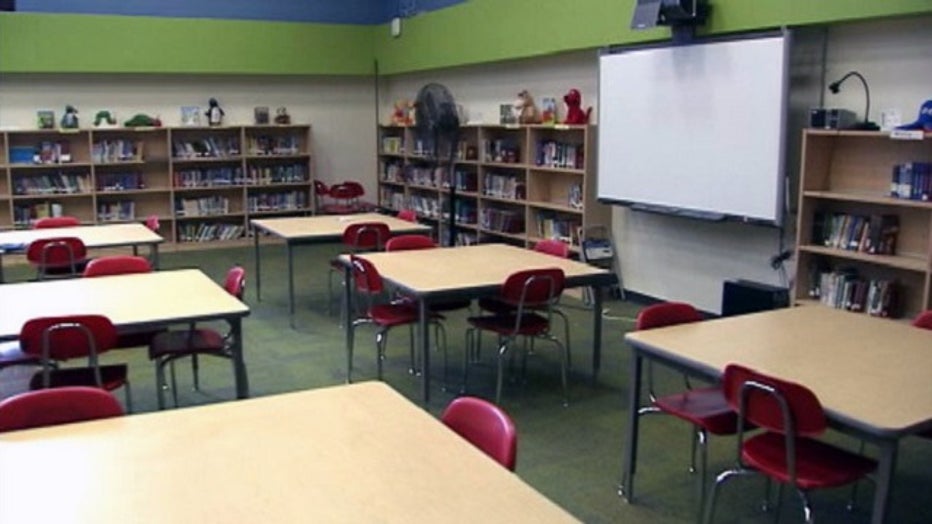
PRIVATE SCHOOL SUBSIDIES
The pandemic could help motivate a renewed push to give state money to parents to pay for private or home schools, with proponents arguing that parents should be able to bail out of a group of school districts that went months without providing in-person classes. In recent years, school choice advocates have been pushing education savings accounts, with the state putting money into a special account that parents could then spend on tuition and other needs. Opponents say Georgia already spends more than $100 million a year on school choice, mainly through a private school scholarship tax credit. Proponents could limit efforts to expanding Georgia’s current special needs scholarship program benefitting students with disabilities. A similar bill passed the Senate last year but failed in the House.
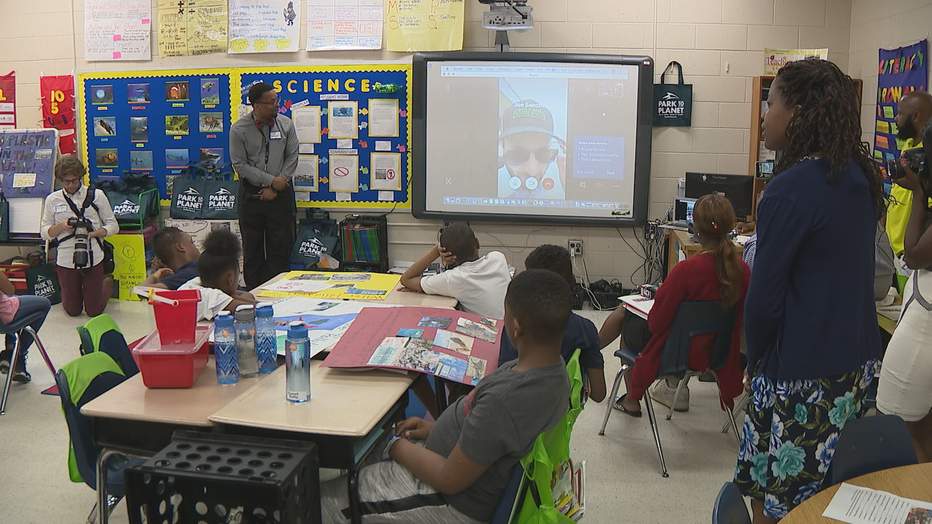
TEACHER EVALUATIONS
Because Georgia didn’t give state standardized tests this year, there’s no testing component to be incorporated in legally mandated teacher evaluations. Lawmakers could choose to just grant a waiver until testing resumes. However, State Superintendent Richard Woods wants a new method of evaluation that doesn’t include testing data, opening a window to develop a pilot program trying out bigger changes.
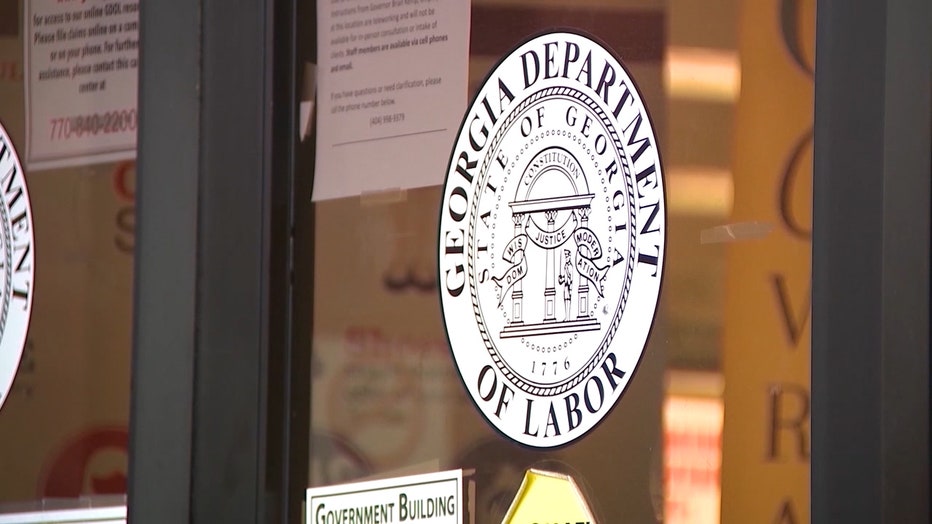
UNEMPLOYMENT
Many Democrats have for months fumed about poor customer service at the state Labor Department, with thousands of people unable to file or collect unemployment benefits turning to lawmakers instead. Lawmakers have been sending information to the Labor Department, but under law the department can’t discuss the details of someone’s claim. House Minority Whip David Wilkerson, a Powder Spring Democrat, says his party will seek legislation to let claimants grant access to their files for lawmakers.
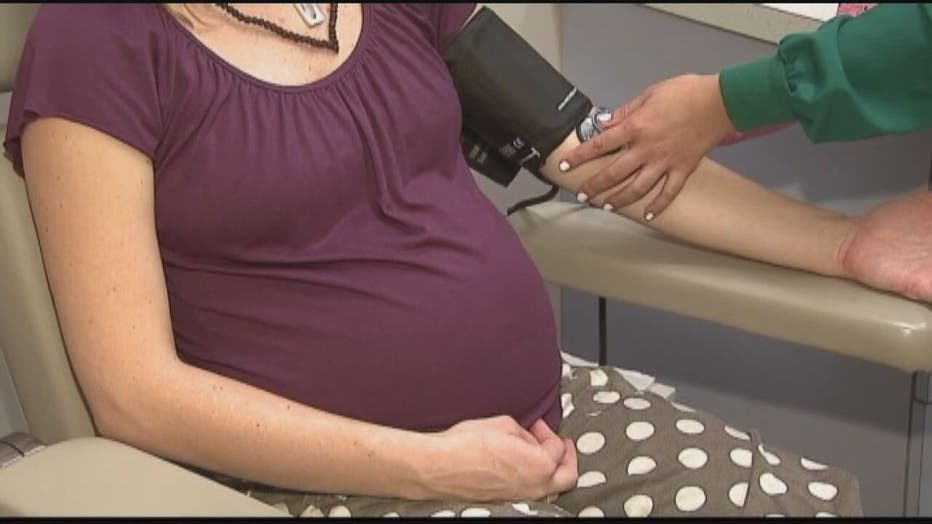
PAID PARENTAL LEAVE
House Speaker David Ralston continues to push for paid time off for state employees when they become new parents. Last year, the Senate declined to endorse the House push for parental leave for nearly 250,000 state workers, including public school teachers and employees of state-run universities. Currently, state employees in Georgia are eligible for 12 weeks of unpaid leave as required by federal law.
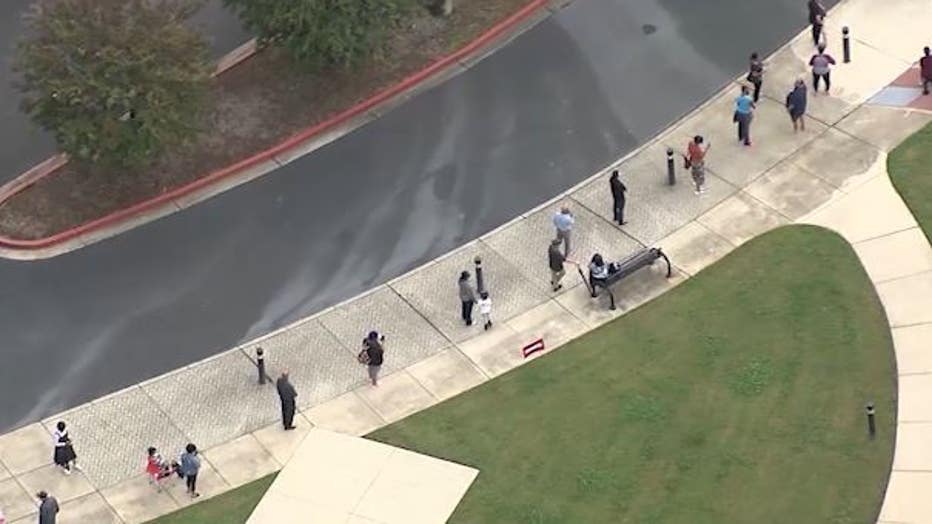
REDISTRICTING
Georgia’s lawmakers have to redraw voting districts before the 2022 election, including the state’s 14 congressional districts, 56 state Senate districts and 180 state House districts. That’s likely to come in a special session later this year. Republican leaders may be able to use redistricting to encourage loyalty from their own members in the regular session and to offer deals to minority Democrats. Some Democrats hope Congress will pass a new law regulating redistricting, restricting the free hand of Republicans to maximize their partisan advantage.
WATCH: FOX 5 Atlanta live news coverage
_____
Sign up for FOX 5 email alerts
Download the FOX 5 Atlanta app for breaking news and weather alerts.

